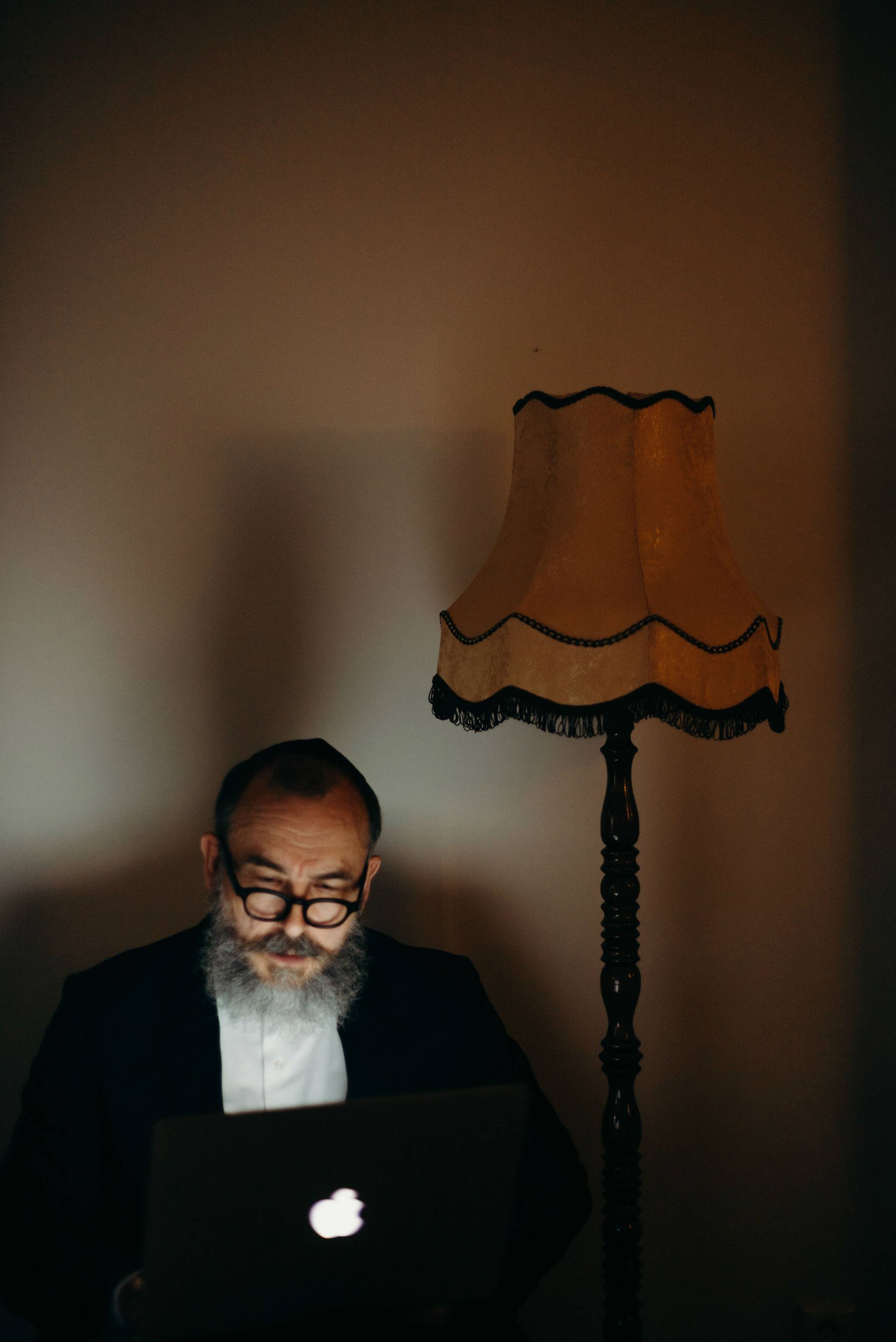
The surge in screen-time sparked by COVID-19 has left some people mentally and emotionally fatigued. Yet online habits don’t have to be defined by ‘doomscrolling’ and unrealistic social feeds. How can ‘digital gardens’ facilitate a calmer and more cooperative way to interact on the web?
- Sectors
- Locations North AmericaUnited States
Dr. Harry Dyer is a sociologist with interests in education, digital sociology, identity theory, social theory, science and technology studies, research methodology, ethics, sociolinguistics, poststructuralism, comic book studies, and media and education. He teaches undergraduate and postgraduate students at the University of East Anglia.
Tess Baxter is a doctoral candidate at Lancaster University. She is interested in online identity, creative commons, digital ethnography, and visual theory. She is also an artist who draws inspiration from digital aesthetics and the division between analog and digital media.
Dr. Emma Stamm is a sociotechnical researcher and writer. She earned her doctorate in Cultural and Social Thought from Virginia Tech, where she holds a teaching position in the Department of History. She also teaches for the Department of Media, Culture, and Communication at New York University. Her research interests include the social impact of blockchain tools, cryptocurrency, artificial intelligence, machine learning, and biotechnology.



